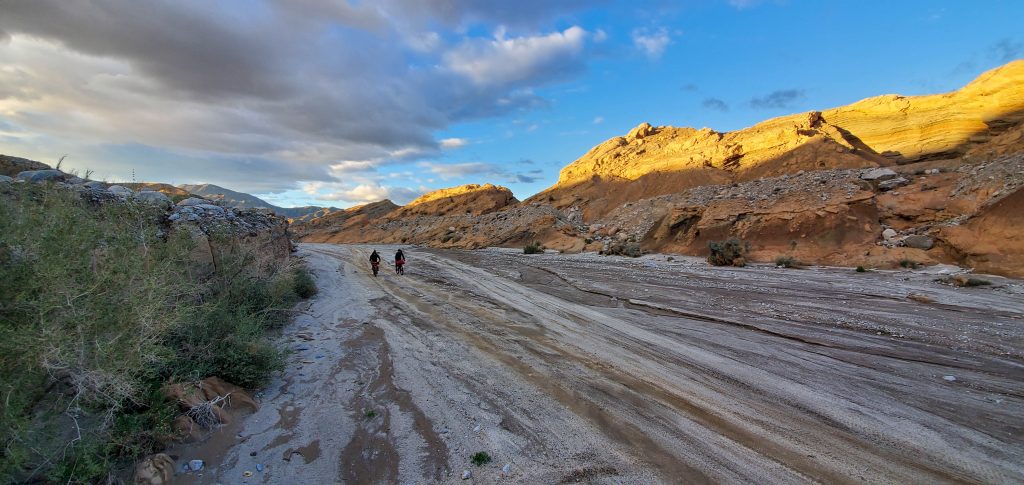I’m not entirely sure what I am looking at.
Standing about 30 feet from our tent trying to absorb the warmth cascading from the rising sun, my head is clear, my body is cold, and I can’t quite figure out what it is that has my attention so fully. At my feet is my stove. The same stove I’ve been using for years. I can’t quite figure out what is so intriguing about it this morning.
I pull my head and then shoulders back doing my morning ritual stretch. As my gaze is cast up, I’m caught by the immensity of the Anza Borrego desert. The openness. The sheer size. The lack of other people. The lack of noise. That’s it! It isn’t the sight of my stove that is so intriguing it’s the sound. Or more accurately, the offensive nature of the jet penetrating the immenseness of the silence the desert is playing for me.
The sensical thing was to continue to let the jet roar because I was hungry and it was cooking up that ramen I so love. I stood in the sun gazing into the distance and pondered the juxtaposition of this man-made roar and the beauty of the silent symphony that nature was playing. It was brutally apparent that the symphony is always there, it’s just drenched, completely drowned in the noise we create.
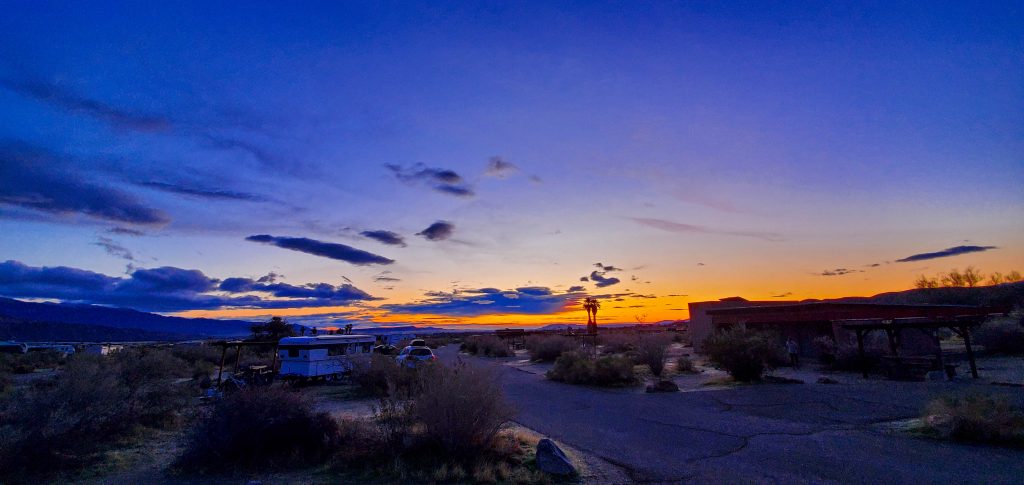
Noise is often defined as unwanted or unnecessary sound. This is highly subjective depending on the context. One person’s killer music in the morning to get them up and moving, is the bain of another’s sunrise. And while I recognize that a magpie in the morning can be described as unwanted and definitely unnecessary, for our intents and purposes, I will define noise as human-created sound.
And we are drowning in it.
Noise pollution sneaks up on us. Most of us rarely think about how noisy our world is. It’s not even on our radar until we experience a lack of it. That quiet that is akin to stepping into a cathedral where you automatically lower your voice, walk slowly and feel as if you should lower your head. It’s not until we feel noise’s absence that suddenly our ears feel pure, our minds click into a moment of awe and we get stuck staring at inanimate objects that are now suddenly offensive for the sound they are spewing into our world.
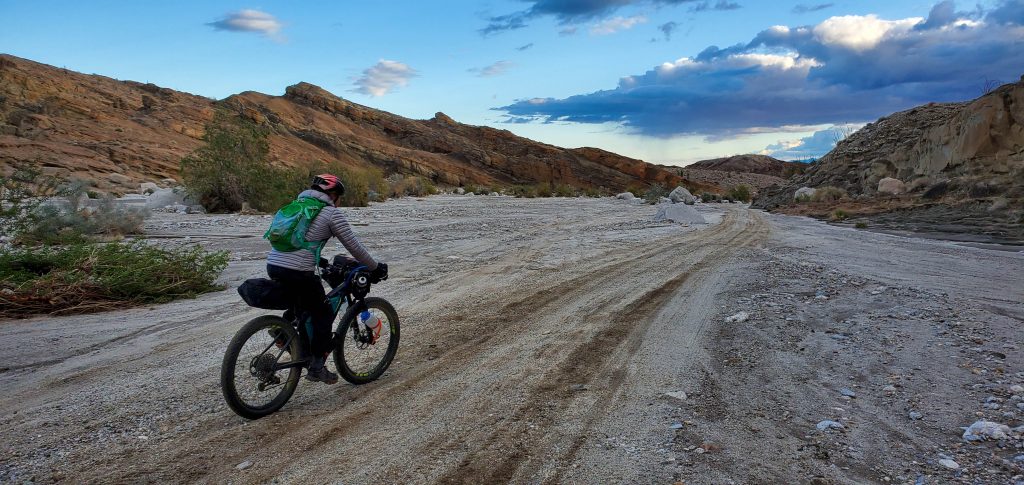
Most people, at least in So’Tah where I reside, have never heard of the Anza Borrego State Park. With over 600,000 acres of desert, it is the largest state park in California and sits just west of San Diego. Honestly, I had never heard of it until KB mentioned she wanted to go there over her winter break. After an exhaustive (read 3 minutes) search of the interwebs it seemed it would be warmer than here and I found a loop we could ride.
I don’t recall any mention of its silence, but dark skies certainly made it into my introduction to the park.
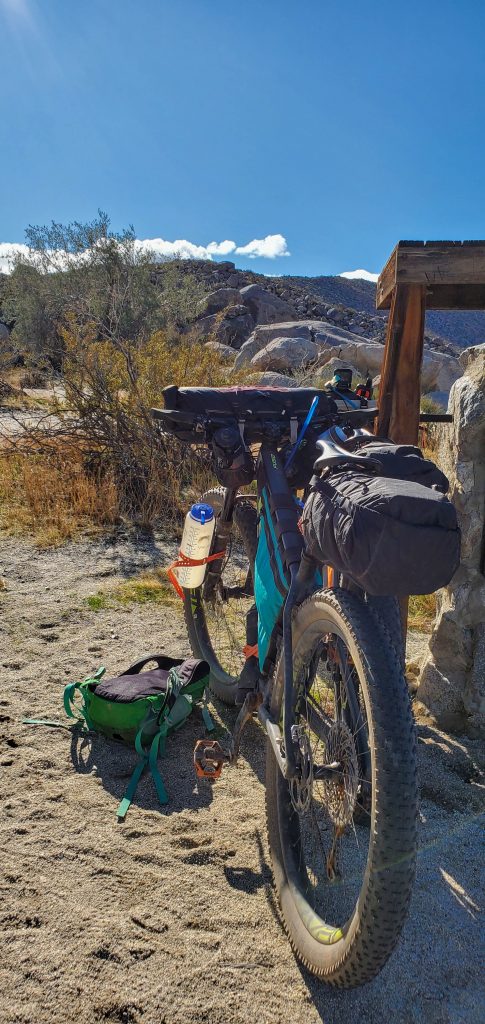
Even if we rarely think about it. This incessant flood of sound has negative effects on all of us. The most obvious being the loss of hearing. The World Health Organization found that “noise-induced hearing impairment is the most prevalent irreversible occupational hazard, and it is estimated that 120 million people worldwide have disabling hearing difficulties.” In 2001, the CDC reported that 12.5% of children in the U.S. exhibited “noise-induced hearing threshold shifts – or dulled hearing – in one or both ears.”
Noise doesn’t just affect our hearing. The same study conducted by the WHO found that it was related to, “elevated blood pressure, loss of sleep, increased heart rate, cardiovascular constriction, labored breathing, and changes in brain chemistry.” It can even affect the way we develop. Noise has been proven to have negative effects on children’s ability to learn.
In a study performed in 1975 at a school close to an elevated railroad, they found kids whose class was closest to the track were significantly behind those who were on the other side of the school and whose rooms were quieter. After installing sound-reducing tiles and a treatment on the railway, the scores equalized. Since this study, over 25 more have been done showing that noise affects children’s learning.
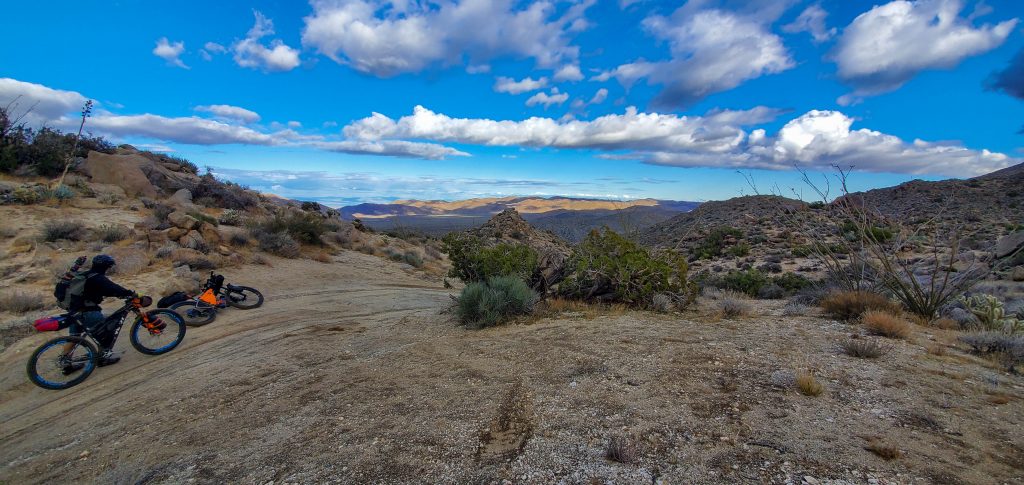
Winter camping in the desert means long, dark nights.
It may have been the fact that I had the flu the week prior and still wasn’t completely better, or the effects of melatonin kicking in as the sunset and we settled in for a long, black night of stargazing, but I was ready for bed at about 6:38. It may have been earlier.
I laid down and almost immediately my eyes involuntarily snapped shut and I was asleep. The next thing I knew, what seemed like the loudest screech ever, jolted me from my slumber. Mama Bear was still reading. There was a slight breeze ruffling the tent, otherwise, it was silent. I asked her about the noise, she heard it too. I get up and take a pee. The moon is still up but the stars are looking pretty bitchin’.
This plays over again and again throughout the night. The ruffle of the tents startles me awake. A bird/bat flying by and I hear its wings flap. Rodents shuffling past sound like a heard of elephants, and I’m awake.
Each time, the sound is probably quieter than the one before. Each time, the moon is lower and the stars get brighter. The Milky Way is showing itself and the sky is putting on a show worth getting up to go pee for.
And the soundtrack is on point.
We don’t often think about the flood of noise that immerses us on the daily. It’s typically only when that noise is gone, that we think about it. It’s just the background to our existence, but once it’s gone… We stop, scratch our heads, look to the horizon and we feel full, even if it takes a few minutes to figure out why we are staring into the distance.
P. L. and R.


